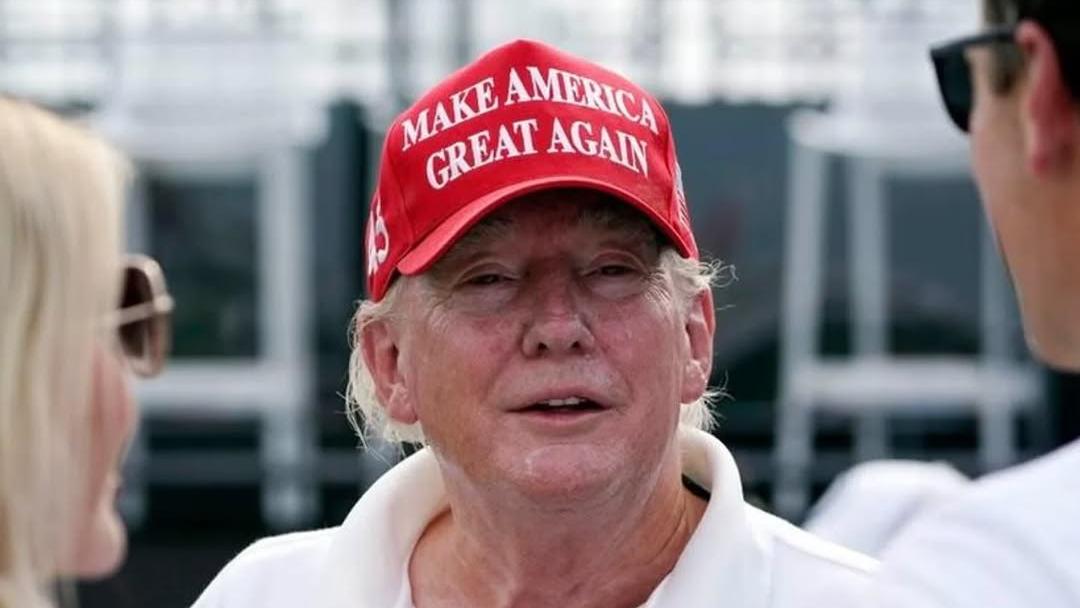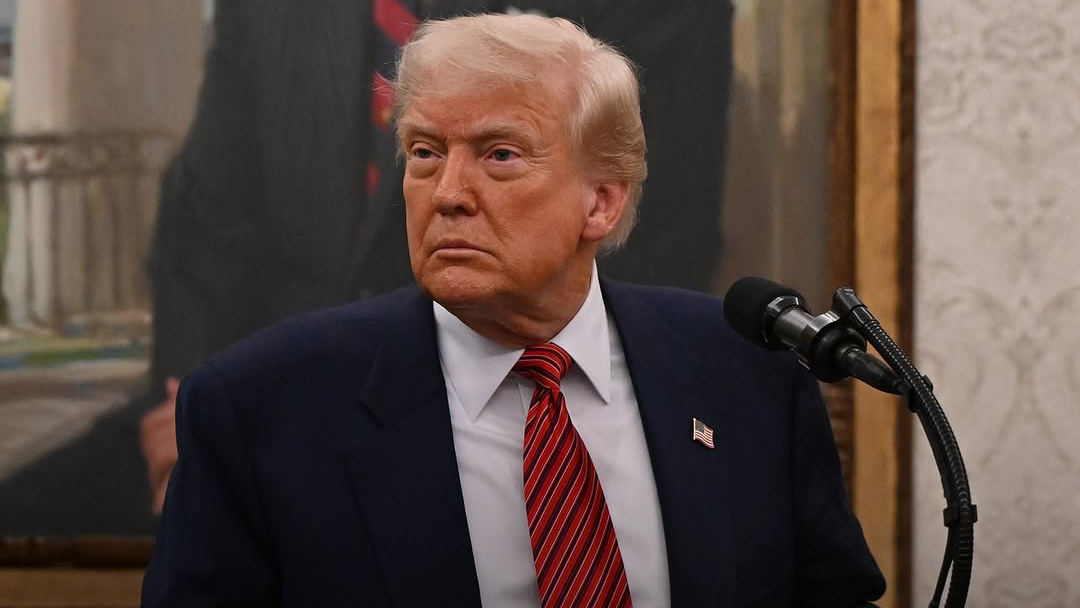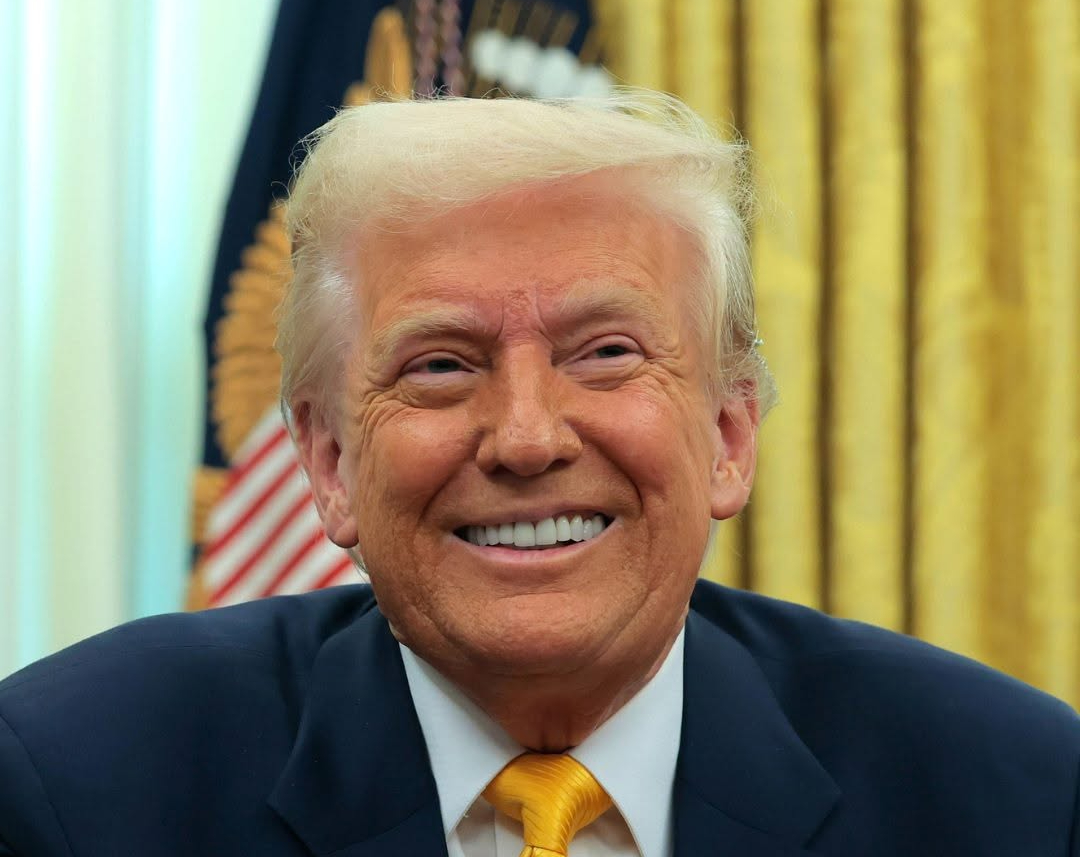A Crisis of Perception: What Trump’s Health Speculation Reveals About Modern Leadership
Donald Trump has always commanded attention, but a recent period of public silence ignited a firestorm of health speculation, with rumors spreading from social media to mainstream news. This incident serves as a powerful case study for all public figures and business leaders, revealing the profound impact of perception in the digital age. It underscores a crucial reality: in an era of constant scrutiny, a leader’s most valuable asset is their credibility, and the absence of clear communication can quickly become a story in itself.
The Anatomy of a Rumor: From Silence to Speculation
The frenzy began when Trump went several days without his typical public appearances, a break from his usual pattern of constant visibility. This silence, combined with a seemingly innocuous photo of him with bruised hands and swollen ankles, was all the internet needed to fill the void with speculation. Vice President J.D. Vance’s offhand remark that he was "prepared for a terrible tragedy" fueled the fire, and within hours, hashtags and conspiracy theories were trending. The official explanation that the marks were due to a common condition was largely lost in the noise.
In a digital landscape where information moves at lightning speed, rumor often travels faster than fact. The incident demonstrated how a lack of communication from a high-profile individual can be interpreted in a vacuum, with the public narrative becoming a collective, and often inaccurate, construction.

The Leader’s Playbook for Managing Perception
This spectacle offers a critical playbook for any leader in the public eye, from CEOs to politicians. Managing one's digital footprint and public image is no longer a secondary concern; it is a core business function.
- Proactive Transparency: Instead of waiting for rumors to spread, leaders must control the narrative. This means proactive, transparent communication about health, travel, or any planned absence. A simple, well-timed post or statement can preempt days of damaging speculation.
- The Power of Verification: In an age of deepfakes and doctored images, leaders must have a strategy for authenticating their presence and messaging. Trump’s five-hour golf game was a bold "proof of life" moment, a physical demonstration that no statement or social media post could match. For business leaders, this could mean appearing on video, hosting a live Q&A, or providing verified, real-time updates.
- Strategic Communication: The incident highlights the need for a comprehensive crisis communication plan. This plan should include trusted spokespeople, like family or key advisors, who can deliver a consistent message and manage public perception in the leader's absence.

The Economics of Trust: Why This Matters to Your Bottom Line
For a CEO or a public figure, a perceived health crisis isn't just a personal issue; it is a financial and reputational risk. Speculation about a leader’s stability can erode market confidence, affect stock prices, and undermine an organization's authority. This is the economics of credibility in action.
In the modern marketplace, trust is your most valuable currency. It is a fragile asset that is earned through consistent, transparent behavior and can be lost in a single day of silence. The Trump incident is a powerful reminder that in the digital era, leaders are not just judged by their decisions, but by the public’s constant, and often unfiltered, perception of their well-being. Ultimately, a leader's ability to manage their narrative is as critical as their ability to manage their business.














